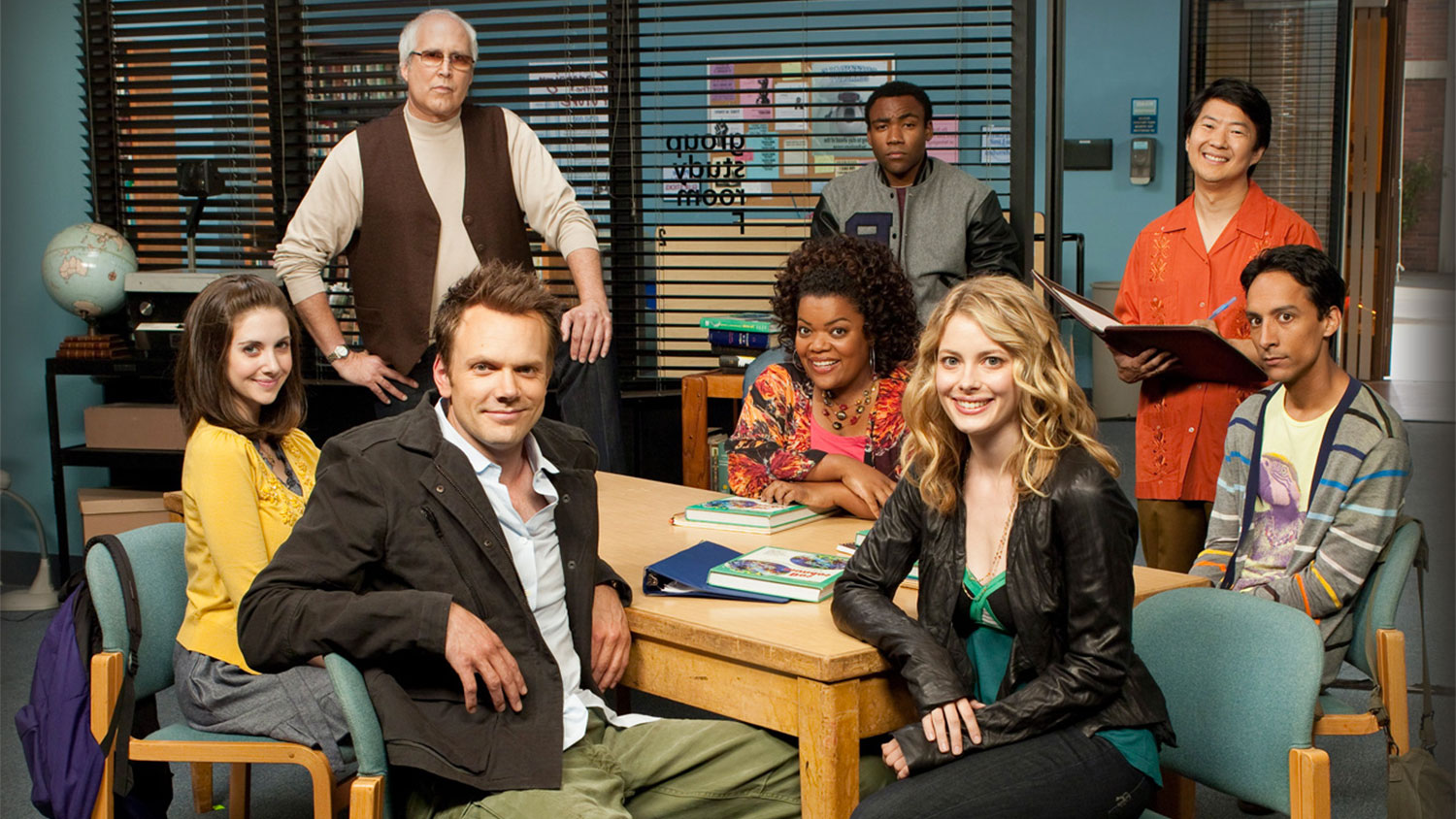We already know that President Obama’s proposed federal budget is full of goodies to fight climate change.
But there are climate benefits hidden in other parts of the budget, too — notably, in the president’s proposal to make community college education available tuition-free for millions of students.
Why should climate advocates care about community colleges? Because these colleges are building the knowledge and skills we need to create a sustainable, resilient future.
Hundreds of community colleges have formally committed to train students on the importance of sustainability, and to prepare them for green jobs. The American Association of Community Colleges’ Sustainability Education and Economic Development Center helps community colleges deliver best-in-class programs, including a resilience training toolkit and sustainability curricula across all disciplines.
Community colleges are also greening their campuses and, in the process, creating living laboratories for sustainability. By merging campus facilities management with academic study, they are reducing their carbon footprints, saving taxpayers money, and providing experiential learning opportunities for students. For example, Laney College in Oakland is building a state-of-the-art green campus facility that will be used to develop curricula in sustainable building operations.
And community colleges strengthen social resilience by getting students involved in local problem-solving. The Democracy Commitment, as just one example, is a national effort to engage community college students in civic learning and democratic practice. And the Community Learning Partnership (CLP), a sponsored project of the Emerald Cities Collaborative (ECC), helps faculty and students collaborate with community-based organizations. One CLP initiative — a partnership between the Los Angeles Trade–Technical College and the nonprofit Community Development Technologies Center — enables residents of South L.A. to earn college credits by promoting energy efficiency in their communities.
Finally, community colleges serve as “anchor institutions” in their communities (they are anchored because — unlike fickle industries — they are not going anywhere). As such, they can use their purchasing power to build community resilience by encouraging urban food production and creating local jobs. (For more on how to harness the power of anchor institutions, check out the Evergreen Cooperatives in Cleveland, Ohio. Evergreen’s employee-owned, for-profit companies — greenhouses, a laundry, and a clean energy service company — tap into the purchasing power of large community-based employers to supply critically needed green products and services for these institutions, as well as the larger community.)
As anchor institutions, community colleges can also help the most vulnerable communities mitigate and adapt to climate change. For example, colleges can use their energy and real estate assets to deliver back-up and alternative energy to the surrounding community. And, as trusted community institutions, they can offer safe havens during disasters. Another recently formed ECC collaborative, Anchors for Resilient Communities, is working with foundations, nonprofits, and community-based institutions in the Bay Area to explore similar strategies.
Finally, community colleges could bring climate resilience to lots of new places and people. These colleges are in urban and rural communities, and in red and blue states — with the largest systems in Texas, North Carolina, and Illinois as well as California and New York. Many are rooted in communities that are among the most vulnerable and least resilient to climate impacts.
There are plenty of reasons to support President Obama’s community college plan. But this is definitely another one: Community colleges could offer a kind of one-stop shop to build America’s economic, social, and physical resilience.
—–
Denise Fairchild is president/CEO of Emerald Cities Collaborative, a national nonprofit organization of business, labor, and community groups dedicated to climate resilience strategies that produce environmental, economic, and equity outcomes. She is also an advisor to the Island Press Urban Resilience Project, which is supported by the Kresge Foundation.




